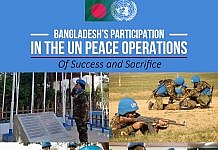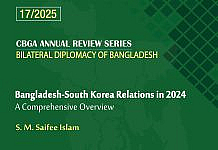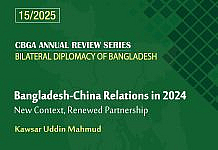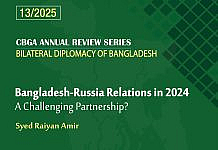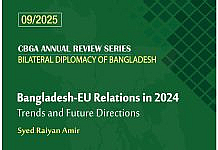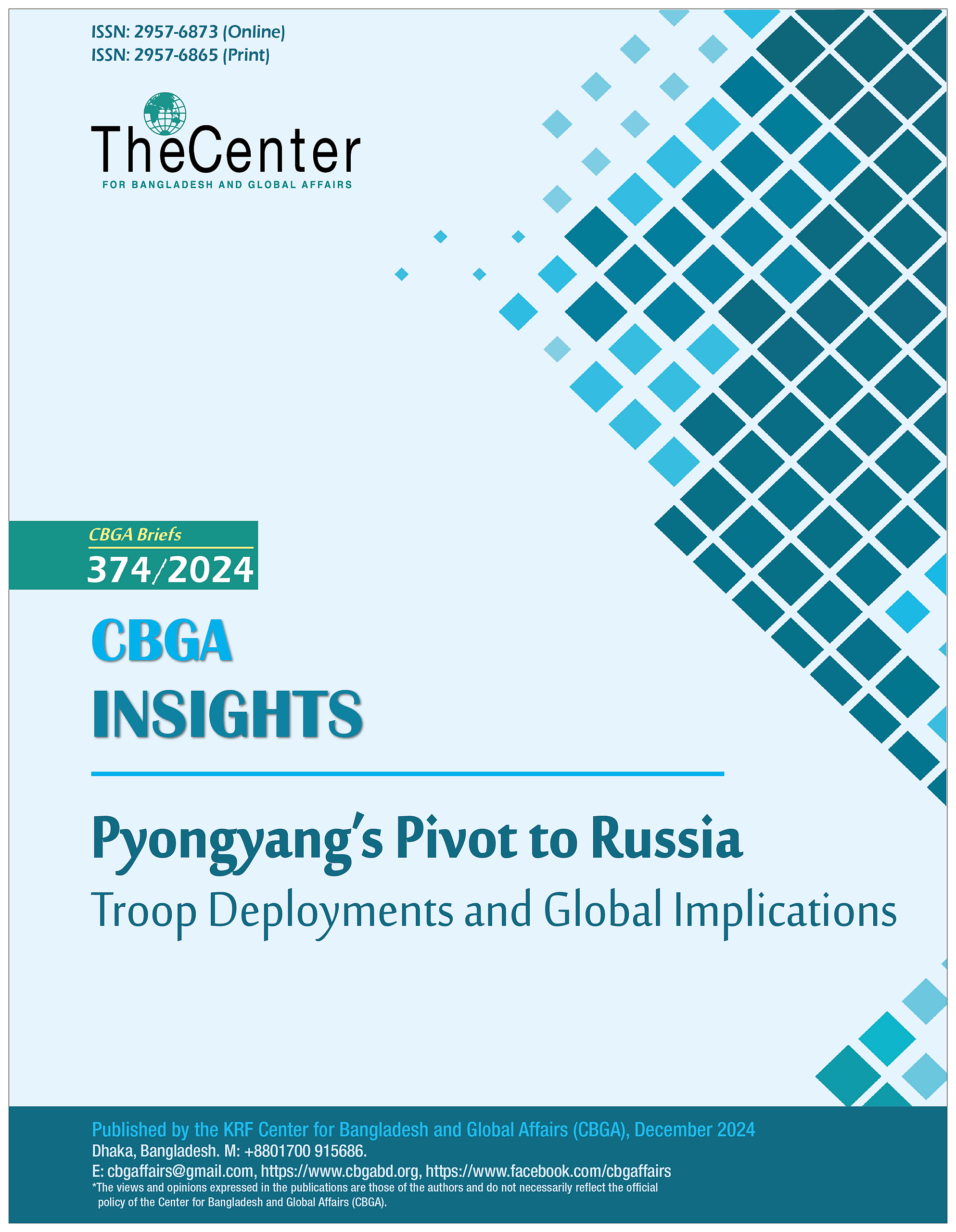
There is mounting evidence that North Korea has dispatched troops to Russia for potential deployment in Ukraine, which could intensify tensions on the Korean Peninsula and prolong the conflict in Ukraine. North Korea is thought to have transferred 3,000 troops to Russia, with plans to send 10,000 by December. To give its elite military troops combat experience, North Korea has previously sent military personnel and technicians to overseas conflict areas, such as Angola, Egypt, and Syria. North Korea’s strategic choice to back Russia in the ongoing crisis in Ukraine stems from a combination of deeper political considerations and transactional objectives. Russia is in dire need of skilled labor, troops, and military supplies as the war enters its third year, opening the door for deeper cooperation with North Korea. With North Korea demanding economic and technological support in return and Russia gaining more troops to support its military goals, this relationship has taken on new dimensions.
With North Korea’s military cooperation with Russia adding complexity to an already unstable environment molded by Trump’s comeback to power after its dramatic victory in the USA election 2024, Japan’s elections, and the Gaza conflict, the world political order is becoming more and more unclear. Given that Trump has stated plans to de-escalate the conflict in Ukraine, his presidency raises the possibility of a change in U.S. goals by undermining NATO unity and giving anti-west governments like North Korea and Russia more confidence. With tensions in the Indo-Pacific escalating, Japan’s elections may reshape its regional strategy. At the same time, the Gaza conflict draws attention away from other problems across the world, putting pressure on resources. Against Such a Backdrop, the geopolitical order is less predictable as a result of these simultaneous developments, which reveal strategic rifts in international alliances and at the same time new alliance shaping is taking place.
North Korea’s Russian Gambit: Strategic Calculations
Event of an armed invasion, Moscow and Pyongyang can provide reciprocal military support under the mutual defense pact signed in June 2023, which might permit North Korean forces to bolster Russia’s frontlines. Furthermore, Russia may be able to reallocate its forces to the south, where it is getting close to breaking through Ukrainian lines in Donetsk, with the help of relatively capable North Korean soldiers. By shifting the balance close to Kursk, this repositioning may pave the way for advances against Zaporizhzhia and Dnipro. Given that even a small North Korean deployment would act as a force multiplier for Moscow and put additional strain on Ukraine’s already limited manpower resources which are now more of a challenge than material supply any Ukrainian response to the North Korean presence could unintentionally strengthen Russia’s defenses. To address crucial voids in Russia’s military endeavors, North Korea has grown in importance as a supplier of weapons and ammunition to Moscow. In addition to providing material help, North Korea may send technical staff to keep an eye on and fix its weapons, showing that it is supporting Russia’s military effort in a variety of ways. Though such numbers are unlikely to support Russia’s military on their own, Pyongyang might give Russia valuable troops to supplement its ongoing operations with an initial deployment of 10,000 soldiers. There is a clear discrepancy in the ability of each side’s backers, as evidenced by the prospective contributions of North Korea in the form of personnel, ammunition, and short-range missiles, in contrast to the supply challenges encountered by Ukraine’s Western friends.
There are various benefits to this interaction from North Korea’s point of view. North Korean forces would gain vital fighting experience and technical training from their involvement in the conflict, improving their operational preparedness. Despite their relative inexperience, North Korea’s elite special forces may gain important expertise in contemporary battle strategies and infiltration tactics, improving Pyongyang’s military capabilities when they return. An unprecedented degree of security cooperation between two members of the “axis of upheaval,” a group of anti-west nations that includes Russia, China, Iran, and North Korea, is reflected in the deepening of ties between North Korea and Russia. Expanded military and economic cooperation may be expected in exchange for Pyongyang’s backing for Moscow, and there is conjecture that this collaboration could help North Korea’s nuclear and satellite programs advance, potentially in violation of UN sanctions.
North Korea could gain from supporting Russia in its conflict, just like South Korea improved its force after helping the United States in Vietnam. North Korea’s increasing involvement will likely provide President Kim with much more authority to take an even more forceful posture in and around Korea. Moreover, North Korea may diversify its international alliances and lessen its reliance on China, which has had a complicated and occasionally conflicting relationship with the regime, thanks to Pyongyang’s geopolitical leverage provided by Russia’s alliance. This change might enable Kim Jong-un to adopt a more forceful posture in Northeast Asia.
Impact of North Korea’s Troop Deployments
The engagement of North Korea might have far-reaching effects. In addition to Moscow’s growing foreign alliance, North Korean troops’ psychological effects on the Ukrainian military may be used to threaten Ukraine and convey Russia’s ability to mobilize a range of global supporters. Russia’s decision to possibly use North Korean troops is probably a calculated move to refocus its attention on the eastern front, where it has had some success, rather than a desperate one. As winter puts a strain on Ukraine’s energy supplies and political conditions in the US raise questions about future Western backing, this deployment might allow Russia to maintain its territorial authority in Kursk while moving forward elsewhere. Trump’s 2024 election victory could reshape the Ukraine war by pressuring Kyiv into a settlement favoring Russia, potentially recognizing territorial gains and barring Ukraine from NATO. A U.S. pullback might strain NATO unity, leaving European allies to assume more responsibility despite limited resources. For Russia, this could validate its strategy and weaken Western resolve.
The strategic capabilities of North Korean troops might be greatly improved by direct combat experience, which could change the East Asian regional power dynamics and drive powers like China, Japan, South Korea, and the US to reevaluate their policies. Given that North Korea has been supplying Russia with rockets, missiles, and artillery shells regularly, Pyongyang’s activities represent a worrying globalization of the conflict between Russia and Ukraine. South Korea and other Indo-Pacific allies might align themselves more closely with European theatres of conflict as a result of these changes. As a result, South Korea is probably going to strengthen its alliance with the US in the Indo-Pacific and raise its level of assistance for Ukraine, even going so far as to provide lethal help if North Korea’s role in the conflict keeps increasing.
South Korea and other Indo-Pacific allies might align themselves more closely with European theatres of conflict as a result of these changes. South Korea may therefore increase its support for Ukraine, possibly going so far as to provide deadly aid and strengthen its connections with the US-led coalition in the Indo-Pacific if North Korea’s involvement in the conflict continues to grow. However, analysts warned that security on the Korean peninsula would be impacted if the two Koreas got involved in Ukraine. Seoul has proposed changing its long-standing rule against the direct transfer of munitions to Ukraine. The security balance on the Korean peninsula may be drastically changed by this breakthrough, particularly if North Korea obtains battle experience while putting its cutting-edge weaponry to the test. Hence, the military involvement of North Korea in Russia serves as a reminder of how changing regional alliances can have an impact on other areas.
– Saume Saptaparna Nath is a Research Associate at the KRF Center for Bangladesh and Global Affairs (CBGA). She is on Study Leave for Pursuing Her Higher Studies in Japan.


